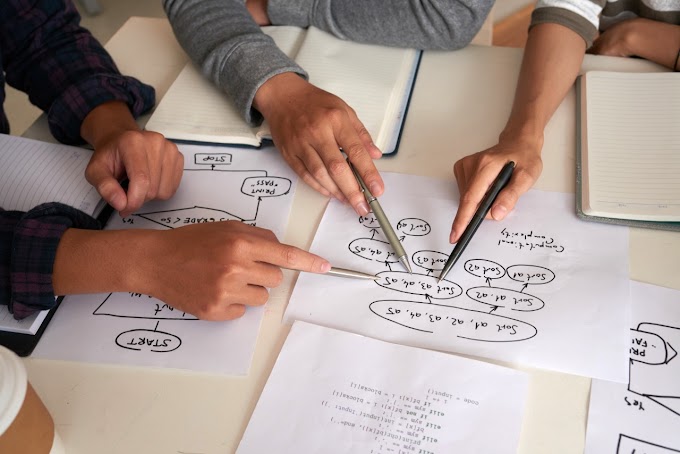
Youths' lives today are greatly influenced by social media. They can establish online personas, engage with others, and develop social networks through social media, which they can utilize for fun and self-expression. Their participation on platforms can expose them to current affairs and provide opportunities for them to interact with one another across barriers. Although social media might divert people, it can also interfere with sleep and draw attention to bullying, rumors, false perceptions of other people’s lives, and peer pressure. A number of exciting new opportunities and challenges have emerged as a result of social media. In recent years, the impact of social media on youth mental health has been explored through research. In today's generation, social media has become a top priority. Their obsession with social media sites causes them to neglect all the things that deserve their attention, such as family, sports, and school.
All we can see is the virtual side of a person on social media. This can only show us the side they want us to see. The use of social media by young people during the pandemic increased. Many people attempt to present themselves to others in ways that they really aren’t. This creates insecurity amongst teens and may affect them mentally. Current youth are very easy to influence. They may feel the need to change their appearance physically and compare themselves to other people on social media. In today's world, people are obsessed with likes and comments, which makes them do anything to get them daily. In order to impress others, they do things they would never dare do in real life. To put on a show, they spend a lot of money on outfits, expensive meals, and exotic travel. They devote their lives to social networking since they do not receive the same love in real life. It may lead to serious psychological problems when their popularity diminishes, such as depression.
While each has advantages, it’s crucial to keep in mind that social media can never fully replace face-to-face interaction. Emojis and LOLs might evoke flimsy and trendy sensations of connection, but in person, interactions foster deeper connections through body language, touch, and facial expressions as well as the interpretation of emotions through tone and nuance — all of which are frequently lost in the digital age. Ironically, social media, which is meant to bring people together, can really make you feel more alone and isolated and can worsen mental health issues like anxiety and depression if you spend too much time on it.
Preventions:
Set reasonable limits.
Encourage face-to-face conversations.
Have detoxification periods
Limit your use of social media and where you use it.
Make a sleeping schedule.
Limit your screen time.
There has been a proven positive and negative effect of social networking on our youth. It is up to the individual whether or not to continue using the platforms, stop, or even moderate them. Taking social media off for a day will begin to show positive effects.
K.K. Wagh, the best engineering college in Nashik, conducts sessions for students to effectively manage their social media usage and help them maintain their online-offline balance.
If you enjoyed this blog, then share it with your friends.
To know more, follow the below links:
Facebook - https://www.facebook.com/engg.kkwagh
Instagram - https://instagram.com/k.k.waghinstitute?igshid=YmMyMTA2M2Y=
LinkedIn - https://www.linkedin.com/company/kkwaghinstitute/
Twitter - https://twitter.com/KKWaghInstitute






0 Comments